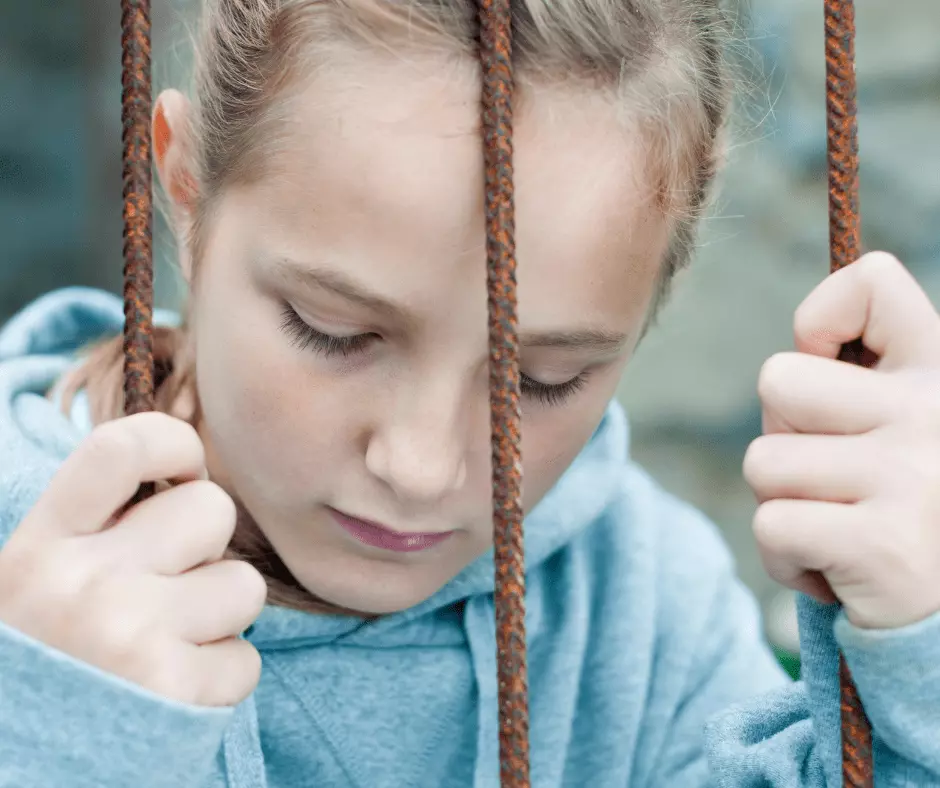Our attorneys focus on holding institutions responsible for allowing abuse to occur. We typically do not handle matters involving abuse by a personal acquaintance, family member, or other individual outside of an organization.
Parents of teenagers already have enough to be worried about without the threat of their teenager being sexually abused. For that matter, teenagers also have a lot to deal with just being teenagers. If you suspect a teenager you know has been sexually abused, it can be challenging to know what to do. There are signs of sexual abuse in teenagers that may help you determine your approach.
Sexual abuse of any kind should never be tolerated. The team at Boucher LLP specializes in helping sexual abuse survivors of all ages achieve justice through compassionate legal representation.
Prevalence of Teenage Sexual Abuse
Unfortunately, sexual abuse is largely underreported across all demographics, including teenagers. Because of this, it is difficult to find recent statistics regarding the prevalence of sexual abuse in teenagers. But we know that two-thirds of child sexual abuse survivors are between the ages of 12 and 17 when they are abused.
Sadly, when it comes to teenagers, there is a high probability that they know the perpetrator. One Department of Justice report showed that 93% of juvenile abuse survivors knew their abuser. In this report, 59% were acquaintances, 34% were family members, and only 7% were strangers.

Common Signs of Sexual Abuse in Teenagers
It can be very difficult to differentiate between normal teenage behaviors and abnormal behaviors, which may be signs of sexual abuse in teenagers.
Changes in Mood and Behavior
Teenagers are known for mood swings and fluctuating temperaments due to hormones and the stresses of growing up. Some of these can also be signs of sexual abuse in teenagers, especially if out of character, including:
- Social changes like withdrawal from friends and school activities,
- Poor academic performance,
- Misbehavior at school,
- Substance use and underage drinking, and
- Criminal behaviors.
Consulting with a trusted school official may also provide insight or confirm behavioral changes.
Physical and Physiological Changes
Psychological disorders may also surface as a result of sexual abuse. Some signs of sexual abuse in teenagers that impact physical health include:
- Eating disorders,
- Suicidal ideations,
- Self-harm (such as cutting),
- Sexual promiscuity and unsafe sex, or
- Difficulty sleeping.
If any of these symptoms are present, consider addressing them with your teen and their healthcare provider. Even if your teen is not experiencing sexual abuse, their physical health should be a concern.
Mental Health and Emotions
Regardless of the survivor’s age, sexual abuse has long-term implications for mental health. This is true even for those who were abused as a small child and may not remember (or may have repressed memories of) the abuse. Some common signs of sexual abuse in teenagers as it relates to mental health and emotional behavior include:
- Anxiety and depression,
- Symptoms of post-traumatic stress,
- Low self-esteem,
- Fear of being alone with someone,
- Shame or guilt,
- Inability to trust anyone,
- Unnecessary aggression, and
- Withdrawal
It is important to watch for emotional changes and changes in preferences for social activities. Teenagers are stereotypically emotional, but if multiple symptoms are present, your concern may be valid.
Long Term Impacts of Sexual Abuse on Teenagers
Though the signs of sexual abuse in teen girls and signs of sexual abuse in teen boys may be similar, there are some potential differences in the long-term effects of the abuse.
Signs of Abuse in Teenage Boys
Teenage boys may experience feelings of diminished masculinity. They may also feel shame and confusion about sexual orientation. Many (though not all) abusers of male teens are also male. In addition, these survivors may feel self-blame and embarrassment, and judgment for the inability to stop an erection or ejaculation.
Signs of Abuse in Teenage Girls
Teenage girls may also feel they are to blame for their abuse. This is often conveyed to them by their abuser. They may experience depression and PTSD. Many teenage girls may also have a tendency toward revictimization, either by the same abuser or in other situations later on as an adult.
Talking to Your Teenager About Sexual Abuse
Sometimes talking to a teenager about anything can be difficult, but talking about sexual abuse can help keep your teen safe or address abuse that may be occurring. It also sends the message that your teenager can talk to you about anything without fear of judgment or punishment.
How you breach the topic is a personal decision that should be based on your relationship with your teen. Sometimes using a news report, movie, or television show as the catalyst for the conversation can be a convenient way to initiate dialog. In other situations, you may want to take a more direct approach. Make sure that you are in a situation where your teen is not worried about others overhearing the conversation and assure them that you are on their side. One of the reasons many survivors do not come forward is for fear of not being believed.
Seeking Justice for Sexual Abuse
The feeling of powerlessness can be detrimental to the emotional, mental, and physical well-being of survivors at any age. Teenagers are especially impressionable and need to understand that they are not at fault and their abusers can be brought to justice.
In the last four years, Boucher LLP has successfully tried or settled cases resulting in over $533,000,000 for our clients. Though no monetary amount can make up for the abuse a teenager has endured, it can assist in covering the expenses for therapy and other costs to help secure a better future, such as college tuition. We understand how delicate these types of cases are, and we are here to walk with you throughout the entire process. Contact us today.